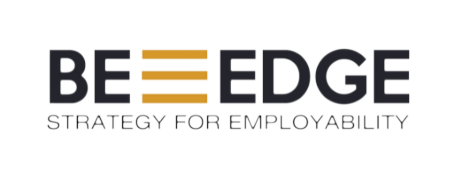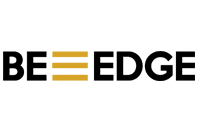
Consulting Case as a Stepping Stone: How Investing in My Personal Capital Improved My Self-confidence.
My Story
Self-confidence is a crucial trait for any business leader to possess. It allows leaders to take decisive action, make difficult decisions, and inspire others to follow their lead. According to a study conducted by Indeed, “99 percent of employees surveyed say confidence is important for a successful job search.” Unfortunately, self-confidence is not something that comes naturally to everyone, and it’s something that I have personally struggled with for my whole life. Whether it was meeting new people, speaking up in a large group setting, or even raising my hand in class to answer a question, I’ve always preferred to blend into the background and keep to myself.
Throughout my time at Northeastern University, I have come to the realization that self-confidence isn’t an innate trait that you either have or don’t, and that it has nothing to do with how other people perceive you. Instead, self-confidence is about having self-respect and being brave enough to believe in your value and pursue your goals. A big factor that helped me come to this realization was the consulting case and the other classwork that I was assigned in Professor Ivy’s International Business class.
Consulting and Investing in My Different Forms of Capital
The consulting project that my group and I took on allowed me to develop my three forms of capital: professional, social, and psychological. Having to communicate with a real company, conduct in depth research and analysis, and create pitch-like presentations for the class helped me develop my professional skills. The collaborative/social capital aspect of the project, where my team and I had to meet weekly and construct a consulting case and report together, helped me work on my fear of speaking up in groups and making new friends in general. This was also the first time I got the opportunity to conduct an analysis and report with a real company, thus I had to invest into my psychological capital by challenging myself in new ways.
These three forms of capital, in some way shape or form, all helped in improving my confidence. The professional investment helped me take more risks and be confident in the work that I put out. The psychological investment allowed me to feel more comfortable with trying new things and not being afraid to. My social capital was my weakest area at the start of the semester; however, it became my strongest form of capital through this project and was the most influential in bolstering my confidence.
On top of the consulting project, the way in which the class was styled as a whole helped me immensely. I learned to actively listen to my peers in the class, as we all were encouraged to put our laptops and notebooks away and engage with each other in our discussions—something I hadn’t done in a class setting in a long time. I also learned to stop thinking that other people are judging me and my answers. I’ve always had an irrational fear that people would see me as someone who isn’t smart if I raised my hand and got a question wrong, but everyone in class was encouraged to speak up and contribute. Furthermore, the various debates and presentations that we participated in served almost as exposure therapy to my lack of confidence, and helped me further realize that I shouldn’t worry about how I look in others’ eyes, and should simply believe in myself and carry myself confidently.
My Future Position in the World of Business
In the future, I plan on continuing my journey of growth through pursuing opportunities outside of the classroom, and I will carry the principles of BE-EDGE that I learned through my time in Professor Ivy’s class with me for each pursuit. I hope that I can be a passionate business leader who takes each step with confidence and can help inspire others to do the same.
By Daniel P.


